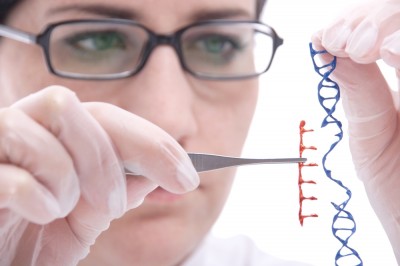
While these disorders may seem very different in nature, each one is believed to begin with the same genetic link. So how does someone end up developing ADD instead of schizophrenia if each disorder starts with a common element? Researchers believe that other genetic and/or environmental factors play a key role in which disease ends up developing in a particular individual.
“What we identified here is probably just the tip of an iceberg,” said Dr. Jordan Smoller, lead author of the paper and a professor of psychiatry at Harvard Medical School and Massachusetts General Hospital. “As these studies grow we expect to find additional genes that might overlap.”He continues, “These disorders that we thought of as quite different may not have such sharp boundaries.”
The purpose of the study was to help learn how to diagnose mental illnesses with the same amount of precision in which physical illnesses are diagnosed. Dr. Bruce Cuthbert of the US National Institution of Mental Health explained the difference between some illnesses like heart attacks (where doctors can run several tests to confirm a patient did, in fact, suffer a heart attack) and these mental disorders which have basically no solid proof except for symptoms agreed upon by experts. In other words, you can’t take a test to prove you have schizophrenia. And you can’t take a test to confirm you have bipolar disorder. Doctors simply look at your symptoms and do their best to diagnose you properly based on the information they see.
“We are one step closer to unlocking the mysteries of mental illness and thus to developing more targeted treatments, though this is still a slow process,” said Dr. Robert Levitan, a psychiatrist with Toronto’s Centre for Addiction and Mental Health, where he studies mood disorders.”From a research perspective it means we need to better understand why different individuals develop different illnesses given the same genetic vulnerability.”



